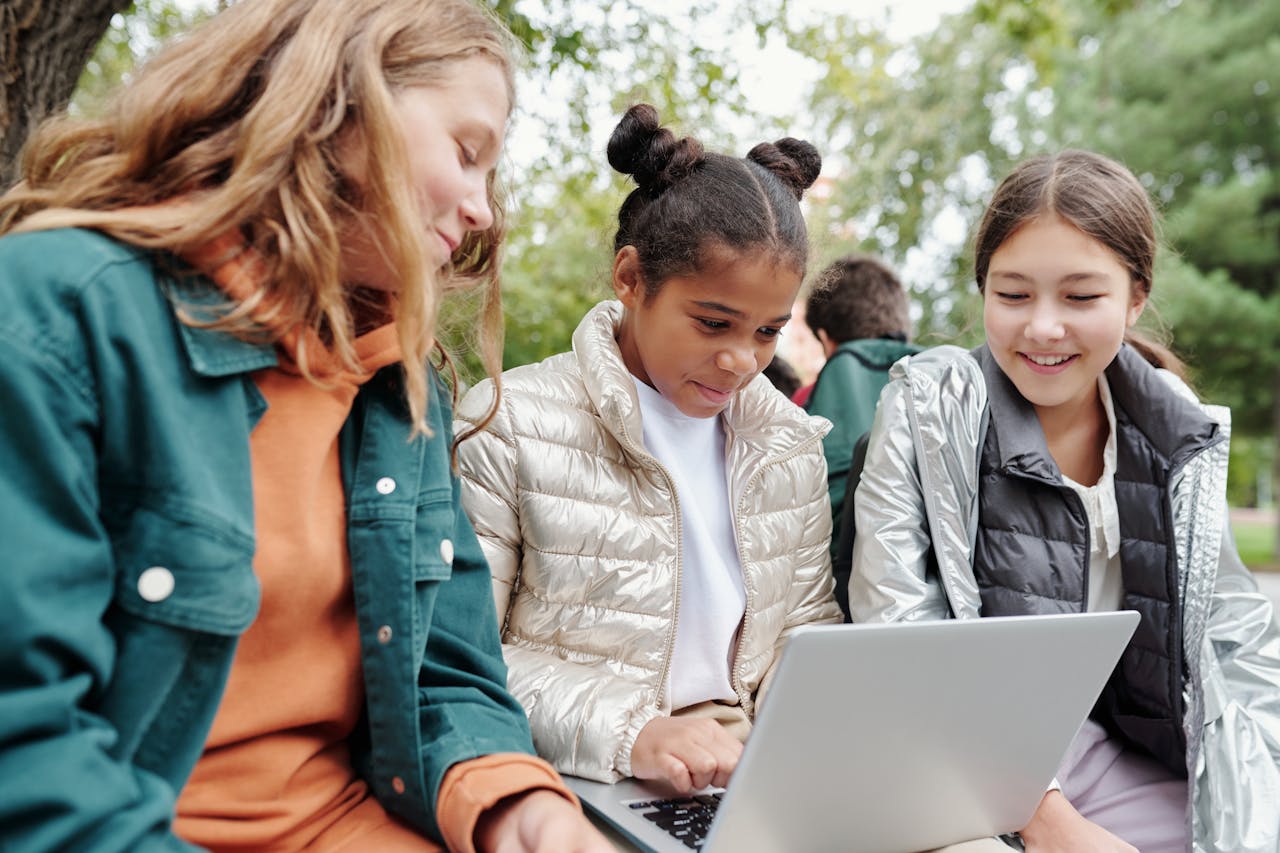Distance Learning Tips: Strategies for Success in Remote Education Environments
The shift to remote learning has transformed the educational landscape, presenting both opportunities and challenges for students navigating virtual classrooms. While distance learning offers flexibility and accessibility, it also requires adaptation and self-discipline to succeed in a remote education environment. In this guide, we'll explore practical tips and strategies to help students thrive in distance learning settings, whether attending virtual classes, completing online assignments, or engaging with course materials from afar.


Establish a Dedicated Learning Space
Create a designated area for studying that is free from distractions and conducive to focus and productivity. Set up a comfortable workspace with essential tools and materials, such as a computer, notebooks, textbooks, and stationery.
Maintain a Consistent Routine
Establish a daily schedule that includes dedicated time for attending virtual classes, completing assignments, and studying independently. Stick to a consistent routine to maintain productivity and accountability in your remote learning endeavors.
Stay Organized and Manage Your Time Effectively
Use digital calendars, planners, or task management apps to keep track of deadlines, assignments, and upcoming exams. Break down larger tasks into smaller, manageable steps, and prioritize your workload based on urgency and importance.
Actively Engage in Virtual Classes
Participate actively in virtual classes by asking questions, joining discussions, and collaborating with classmates. Treat virtual lectures and discussions with the same level of attentiveness and engagement as in-person classes to maximize learning opportunities.
Leverage Online Resources and Support Services
Take advantage of online resources, such as digital textbooks, multimedia lectures, and educational websites, to supplement your learning experience. Seek out academic support services offered by your school, including tutoring, writing centers, and counseling services, to address any challenges or concerns.
Practice Self-Care and Maintain Work-Life Balance
Prioritize self-care activities, such as exercise, relaxation techniques, and social connections, to manage stress and maintain overall well-being. Establish boundaries between schoolwork and personal time to prevent burnout and maintain a healthy work-life balance.
Foster Communication and Collaboration
Stay connected with your instructors and classmates through email, discussion forums, or virtual office hours. Collaborate with peers on group projects, study sessions, or virtual study groups to enhance learning and build a sense of community in the online environment.
Set Goals and Celebrate Achievements
Establish short-term and long-term goals for your academic progress and celebrate milestones and achievements along the way. Recognize your efforts and accomplishments, no matter how small, to stay motivated and focused on your educational journey.


Distance learning presents unique opportunities for students to access education remotely, but it requires adaptability, discipline, and effective strategies to succeed in virtual classrooms. By establishing a dedicated learning space, maintaining a consistent routine, staying organized, actively engaging in virtual classes, leveraging online resources, practicing self-care, fostering communication and collaboration, and setting goals, students can thrive in remote education environments and achieve academic success. With resilience, determination, and a proactive approach to learning, students can navigate the challenges of distance learning and emerge stronger, more confident, and better prepared for future academic endeavors.












